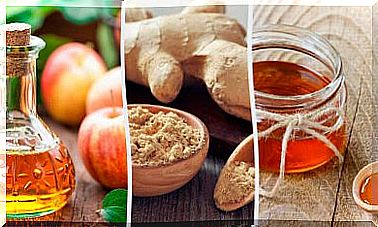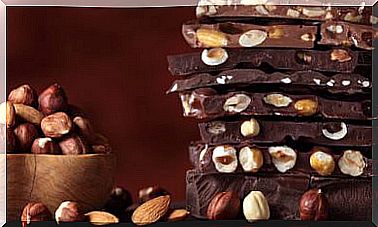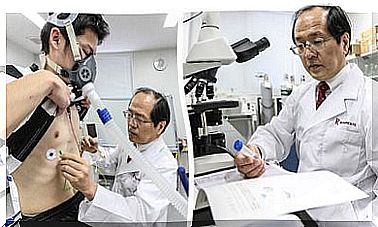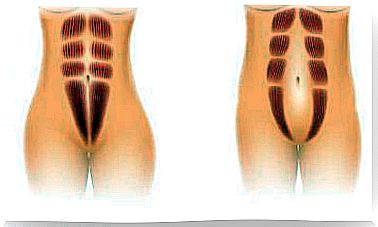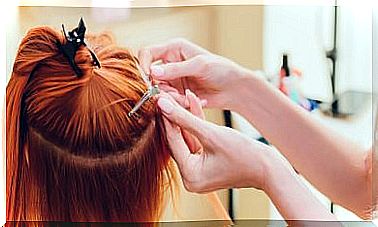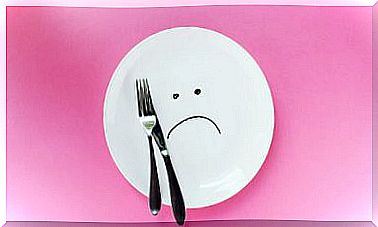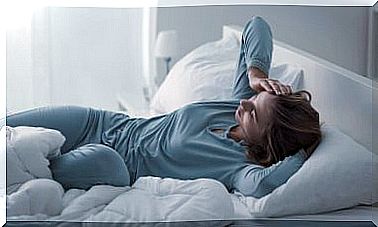The Placebo Effect In Diet
The available evidence suggests that there is a placebo effect in diet. If a person believes that a food will have a certain effect on him, chances are that this will happen.
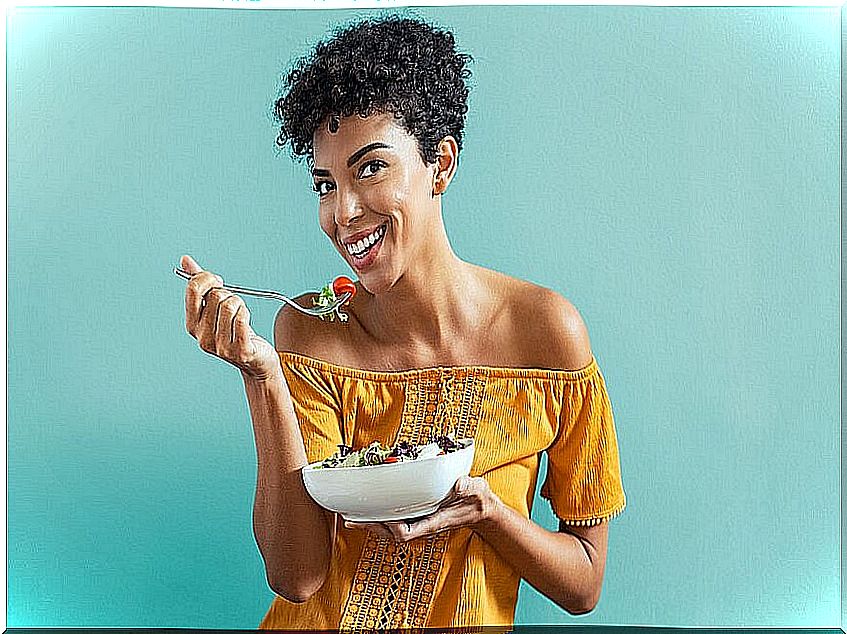
The placebo effect in diet is a new subject of study, given the growing importance that food has been given as factors of health or disease. Although what we eat obviously influences the well-being or organic discomfort, the truth is that there are also fantasies that end up influencing.
There are foods that are promoted as if they were almost magical. Of others, only certain specific effects are mentioned, which positively affect a certain area of health or organ. There are people in whom they seem to operate effectively.
Those effects, miraculous or only particularly beneficial, are what have allowed us to start talking about a placebo effect in diet. Is it possible that something similar happens with food as with placebo drugs? Let’s see.
The placebo effect
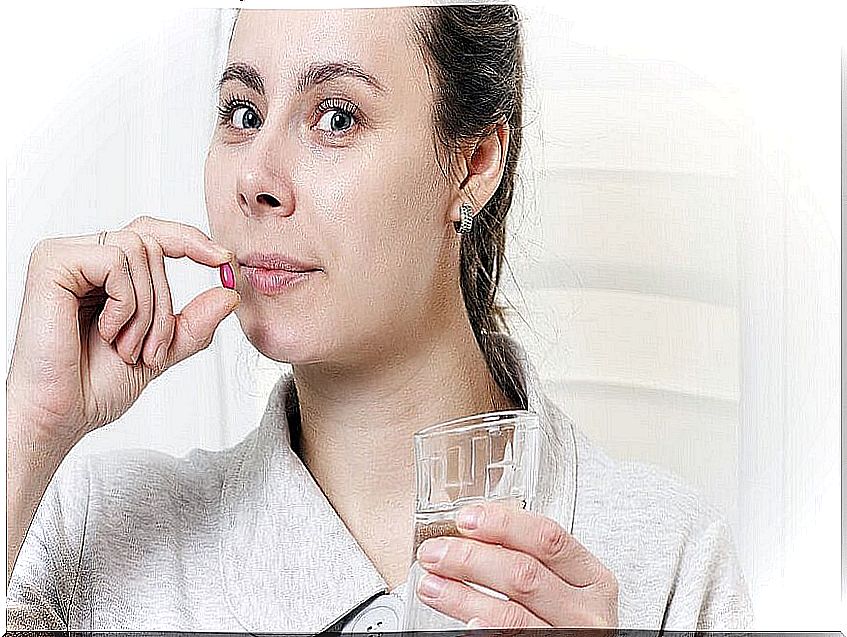
The placebo effect has been known since 1800, thanks to the British physician John Haygarth. Since then it has been used systematically, both in the testing of new drugs and in the treatments themselves. This effect occurs when someone ingests a substance, thinking it is a drug without it being, and gets an improvement.
Today it is known, for example, that an expensive placebo is more effective than a cheap placebo. Even if it is sugar, it heals more effectively if it is expensive. Also, it was found that the red pills have more decisive effects than the blue ones.
For a long time the placebo effect was considered only as a result of suggestion or “fake medicine.” However, in recent years, and with the help of modern instruments, it has been proven that the placebo actually generates positive changes in the brain, which end up promoting healing.
Studies on the placebo effect in diet
The placebo effect in diet is a more recent area of research. One of its pioneers is Dr. Alia Crum, a clinical psychologist and researcher at Columbia Business School . One of his most famous experiments has to do with calorie intake .
A group of volunteers were told they would have a 640 calorie shake. Another group was told that the calorie volume in the shake was 140. However, both shakes were the same and actually had 340 calories. Those who drank the shake thinking it was packed with calories got their fill in no time. The others began to feel hungry.
Similar research showed that even people can lose or gain weight from similar situations. These and other studies prove that there may be a placebo effect in diet. The conviction that a food will generate a certain effect on us , notably influences that effect occurs.
The strength of the placebo effect

Advances in the study of the placebo effect in diet, and in traditional settings, have produced fascinating results in recent years. One of the most interesting findings has to do with the fact that it has been proven that this effect goes beyond the psychological and that it acts at the biochemical and molecular level.
Magnetic resonance images were presented at one of the most recent world conferences on placebo, held in Leiden (Germany). These showed that there are areas of the brain that are activated after taking a pill of hardly anything, if the doctor suggests that this is a drug.
Kathryn T. Hall, a molecular biologist, along with Ted J. Kaptchuk, head of the Placebo Studies Program at Harvard Medical School, are two of the scientists who have advanced the most on the subject. Their research indicates that:
The placebo effect and diet
We are still far from fully understanding the placebo effect. Usually in drug experiments, placebo is effective in one third of volunteers. This means that it does have real power, but inexplicably this has not been studied enough.
As for the placebo effect in food, it is worth saying that for humans, food is not just a sum of substances that are ingested. This has a symbolic value and, therefore, there are many beliefs and emotions that are involved in it.
For the same reason, and as the Alia Crum experiment shows, the effect that food has on the body depends a lot on the beliefs about a certain food. If we think it will hurt us, it probably will; and the same on the contrary. Everything indicates that the placebo effect in diet does work.

